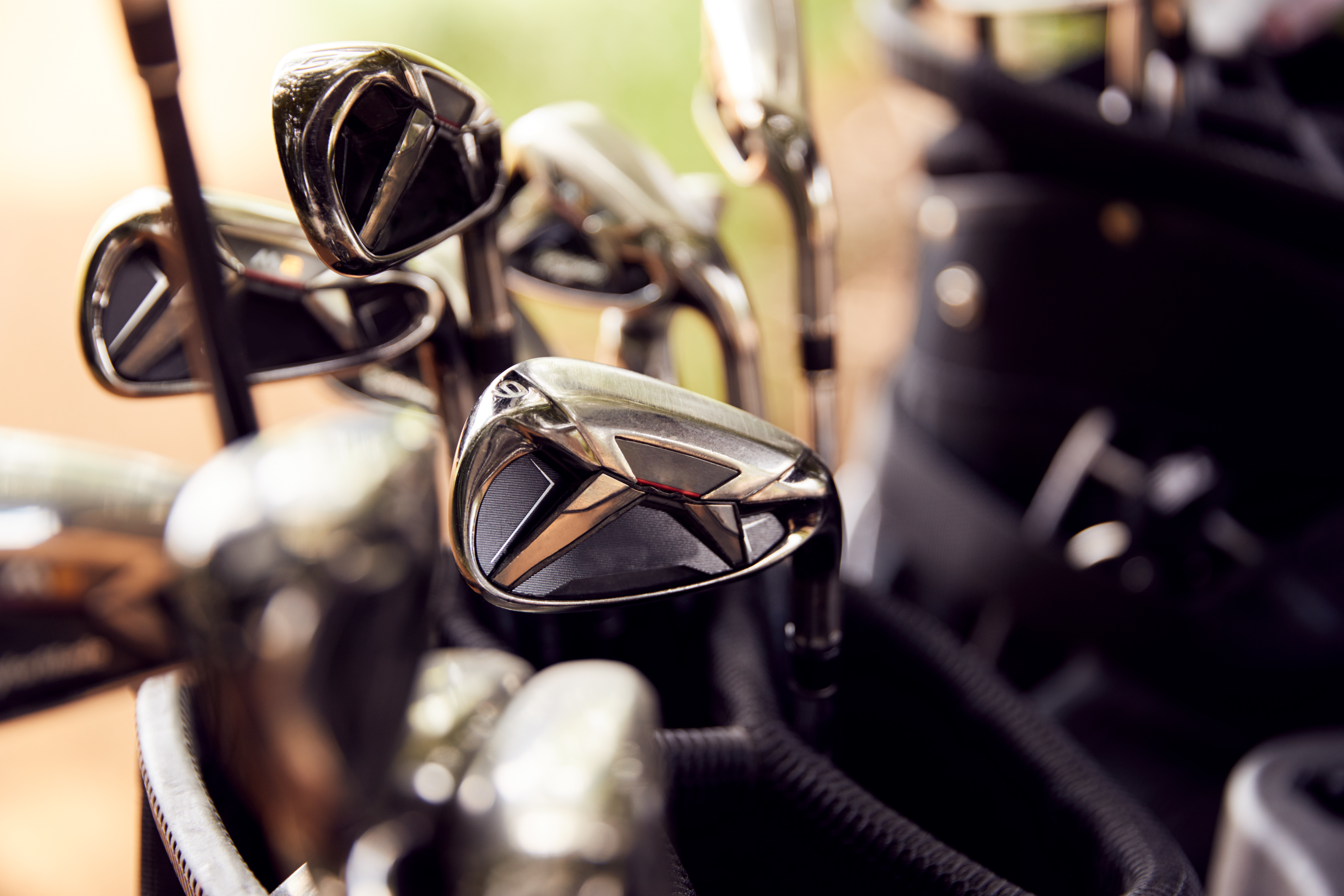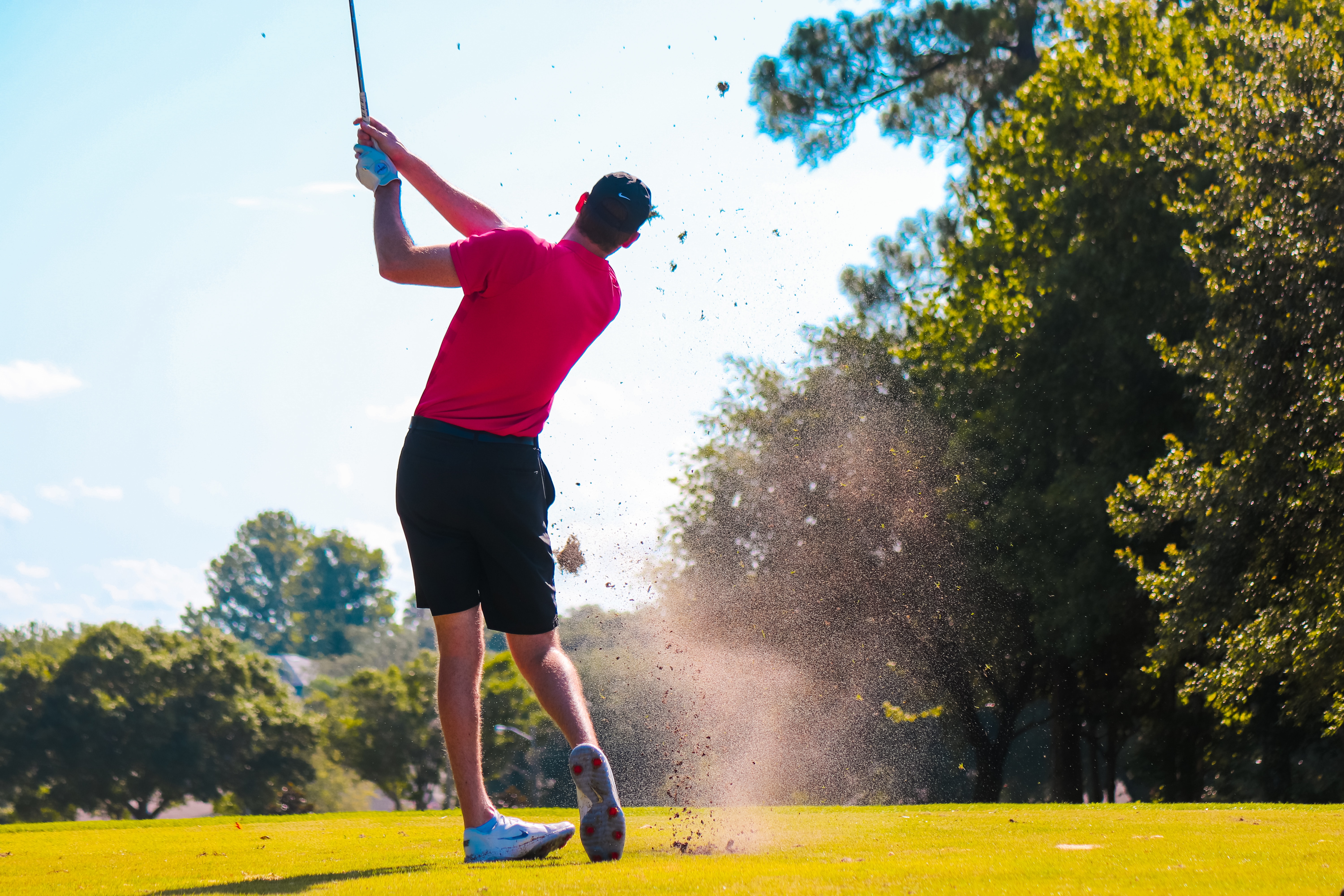
What makes a great golf caddy?
While watching a golf tournament, past the 10th hole, the tension on the course is visible. It’s the turn of your favourite player. They watch the ball, the course, the tee, and they start talking to the person holding the bag. They point to the tee and the caddy (or caddie) starts whispering to the player. The golfer returns to the ball, gets ready, stroke, and right into the hole! It’s like the person holding the clubs whispered a magic spell!
More than a magic spell, the caddy recommends strategies to the player to make an outstanding stroke. A caddy is a mix of a personal physicist, a landscape analyser, a psychologist and a bestie. There are so many skills required in a professional golf caddy that their paycheck can get up to $2,000 per week. Not bad, eh?
But, what makes a good caddy?
Understanding of the course
At Golf Drives, we know that being aware of the difficulties that a golf course presents is the key for a successful game, that’s why we care so much about details, such as who was the architect? Likewise, a good caddy will know the golf course better than the 19th hole, and they will be able to recognise the golfer’s challenges. You should provide the golfer insightful information that will help them to make the right decisions to make a bogey, especially if they’re playing at a new golf course.
Give the right advice
While playing a game, and especially during a tournament, the golf player might need help to make the right stroke, and this is when the job of being a caddy gets the most exciting. Knowing the course without flaw and having a perfect understanding of the game will allow you to give the right advice to the player. Therefore, this requires time, a lot of practice and dedication.
Watch the ball
A good caddy doesn’t miss the ball. Doesn’t matter how hard the golfer shot or if the wind modifies the trajectory of the ball, you have to know where the ball ended. By understanding the course well, it will be easier for you to see where the ball landed and guide the player to their next point.
Emotional boosting
Mastering all the technical aspects of the course and the player is crucial to be a good caddy, but is also relevant to give emotional support and share a positive set of mind with the player. Playing such a challenging game sometimes can be frustrating for the golfer, with balls that end in ponds or hazards that over-complicate the game. If you want to be a good caddy, you will have to keep the player optimistic and boost their morale, complimenting them as much as possible when things go right.
Trust
As a caddy, players will ask you for advice when they don’t know what to do and, sometimes, you will give recommendations based on their flaws. To build the confidence to hear and say these things, it requires a lot of trust, especially considering they are the only person they speak to during some tense moments on the greens.
For this reason, it is easy to find a professional golf player having dinner and some good laughs with their caddy. After a short time, you’ll build a solid bond that will help both to give your best on the course. For example, when Tiger Woods stopped playing, he suggested to Joe LaCava to take someone else’s bag and get back to the game. The answer of the caddy was unanimous: “No, no, I’m committed to you. I’m committed to your return and you playing golf again”. Find yourself someone that tells you those things.
The bag
Carrying the bag and keeping the gear in optimal conditions might be a small portion of the work and may be less exciting. However, still, it must be done correctly, so the golfer can focus on the game. Make sure you carry a towel and clean the clubs after each shot and give them a deep clean before the game.
Being a caddy requires many different skills, from physical to mental, and mastering these tasks take time and hard work. You can start by joining the Professional Caddies Association (PCA) and get some official training from their apprenticeship programmes. Also, you can check the golf courses around your area and ask for caddying opportunities. But the best advice we can give you is to talk to other caddies and ask them for information or go for some drinks!
Book A Golf Transfer
If you have a golf holiday booked and need an airport transfer, then book with Golf Drives. We offer a range of transfers that accommodate any booking type and size, so there is something for every group. Our professional drivers can get you to numerous golf courses across 26 countries. Use our quoting engine to book a transfer today!


